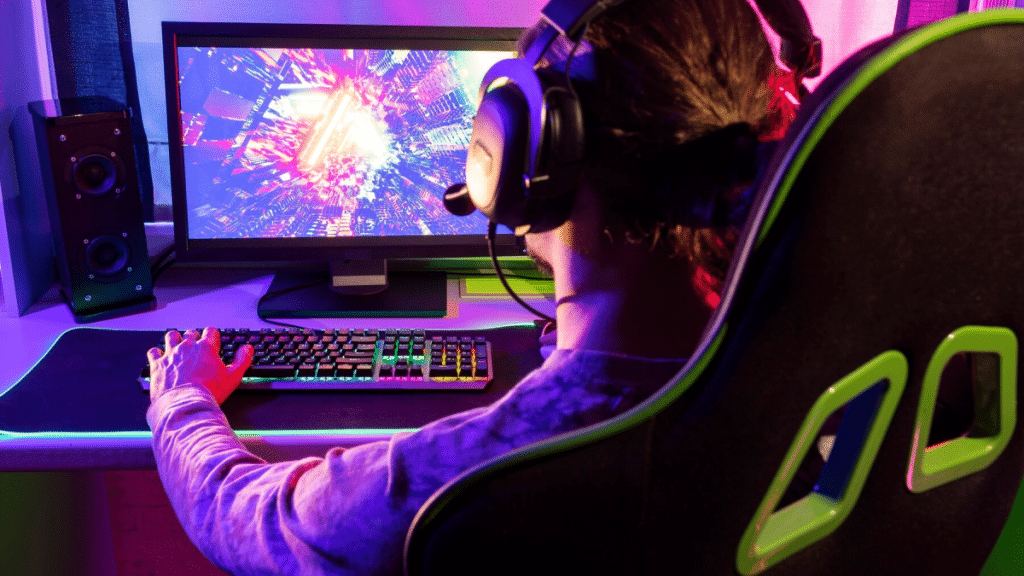Poker is a game that requires skill, discipline and strategic thinking. While luck plays a role, especially in the short term, the best online casino poker players in New Zealand know how to maximize good hands and minimize losses on bad ones.
Becoming a better poker player involves honing skills, understanding psychology, and constant practice. If you want to improve your poker skills, there are several key areas to focus on.
Before We Get Started
If you’re into playing online poker in New Zealand, you should first focus on finding the right traditional or online casino but what does the ‘right’ casino offer?
First, you should check that the casino has the correct legal licenses and certificates. Then, check that it offers the poker variations you enjoy playing. Lastly, make sure that the payment methods are both convenient and fast.
Most deposit options will facilitate instant deposits but not all withdrawal options will be instant so look for New Zealand online casinos that offer instant or 1 hour withdrawals – these are probably your best bet at getting any winnings fast.
Ways to Improve Your Poker Skills
Whether you’re a seasoned card shark looking to sharpen your skills or a curious newcomer eager to make your first bluff, this guide will equip you with the tools to elevate your poker game.
All of these tips work when playing at a physical poker table. Most of them can also be applied when playing in an online casino.
Master the Fundamentals
Before diving into complex strategies, ensure you have a solid grasp of the poker fundamentals. A strong foundation is essential for building a winning poker strategy. The fundamentals include:
- Understanding the hand rankings: Know your pair from your full house, and recognize the strongest hands to win the pot.
- Learning the basic betting options: Grasping the difference between a raise, call, and fold is crucial for making informed decisions.
- Familiarize yourself with poker variations available in New Zealand: Texas Hold’em, Omaha, Seven-Card Stud, and others offer unique challenges and opportunities.
- Practice playing against friends or AI opponents to solidify your understanding.
Know When to Fold
One of the most important poker skills is knowing when to fold your hand, even if you have already put money into the pot. It’s better to surrender your stake in a given pot than to mindlessly chase bigger losses.

You should fold if your hand has little chance of improving into anything with a strong chance of winning. Don’t think of folding as giving up so much as a tactical reset to play better spots. Folding unfavorable hands helps limit your losses.
Read Your Opponents
Observe your opponents’ betting patterns, physical tells, and overall demeanor. These signs can provide valuable insights into their hand strength and intentions. Pay attention to the following things to help maximize your winning potential:
- Betting size and timing: Large bets early in the hand might indicate a strong hand, while hesitant bets could hint at weakness.
- Physical tells: Nervous ticks, eye movements, and changes in breathing can be subtle indicators of discomfort or deception.
- Verbal cues: Overconfidence or excessive talking can be attempts to mask a bluff.
Remember, not everyone exhibits tells, and relying solely on them can be risky. Use your observations to complement your overall assessment of the situation.
Use Pot Odds as a Guide
Another critical skill is knowing when mathematically you should call or fold based on the pot odds. Pot odds refer to the ratio between the pot size and how much it would cost to call the current bet.
Learn to calculate pot odds and outs – the number of cards that can improve your hand and the potential return on your investment. Tools like pot-odds calculators can be helpful but strive to develop your mental arithmetic skills as an edge.
You should call if your draw hand has better odds than the pot odds. If your outs are worse, folding is likely the right play. Mastering pot odds gives you a mathematical framework for when to chase draws and when to lay down your hand.
Embrace Continuous Learning
The beauty of poker is its depth and complexity. Even the best players are constantly learning and adapting. Here are some ways to stay ahead of the curve:
- Read poker books and articles: Absorb knowledge from experienced players and strategists.
- Watch professional poker tournaments: Observe how top players approach different situations.
- Analyze your play: Review your hands and identify areas for improvement.
- Discuss strategy with other players: Sharing insights and experiences can be mutually beneficial.
Bonus Tips for Poker Newbies
Below are a few tips for the complete poker newbies.
- Start with low-stakes games: Build your confidence and bankroll before venturing into higher stakes.
- Focus on making solid decisions, not just winning: Short-term losses are inevitable, but sound decision-making leads to long-term success.
- Manage your bankroll responsibly: Set limits and stick to them to avoid financial losses.
Let Your Passion Fuel Your Improvement
Becoming a better poker player involves a holistic approach. Master the basics, read opponents, exercise patience, and manage your bankroll wisely. Embrace a continuous learning mindset, stay emotionally resilient, and foster a sense of community.
Diversify your play, keep records, and practice regularly. Learn from setbacks, stay mindful, develop a poker face, and relish the game. We hope this guide provides a valuable roadmap to becoming a better poker player.
Remember, the journey is just as exciting as the destination, so enjoy the game because passion fuels improvement.
